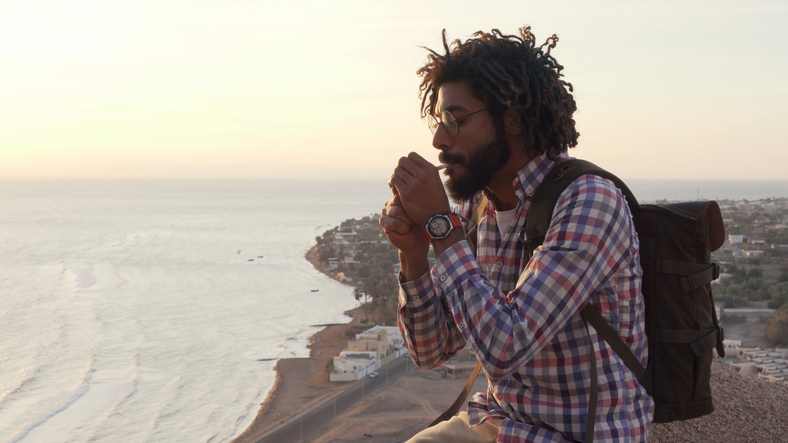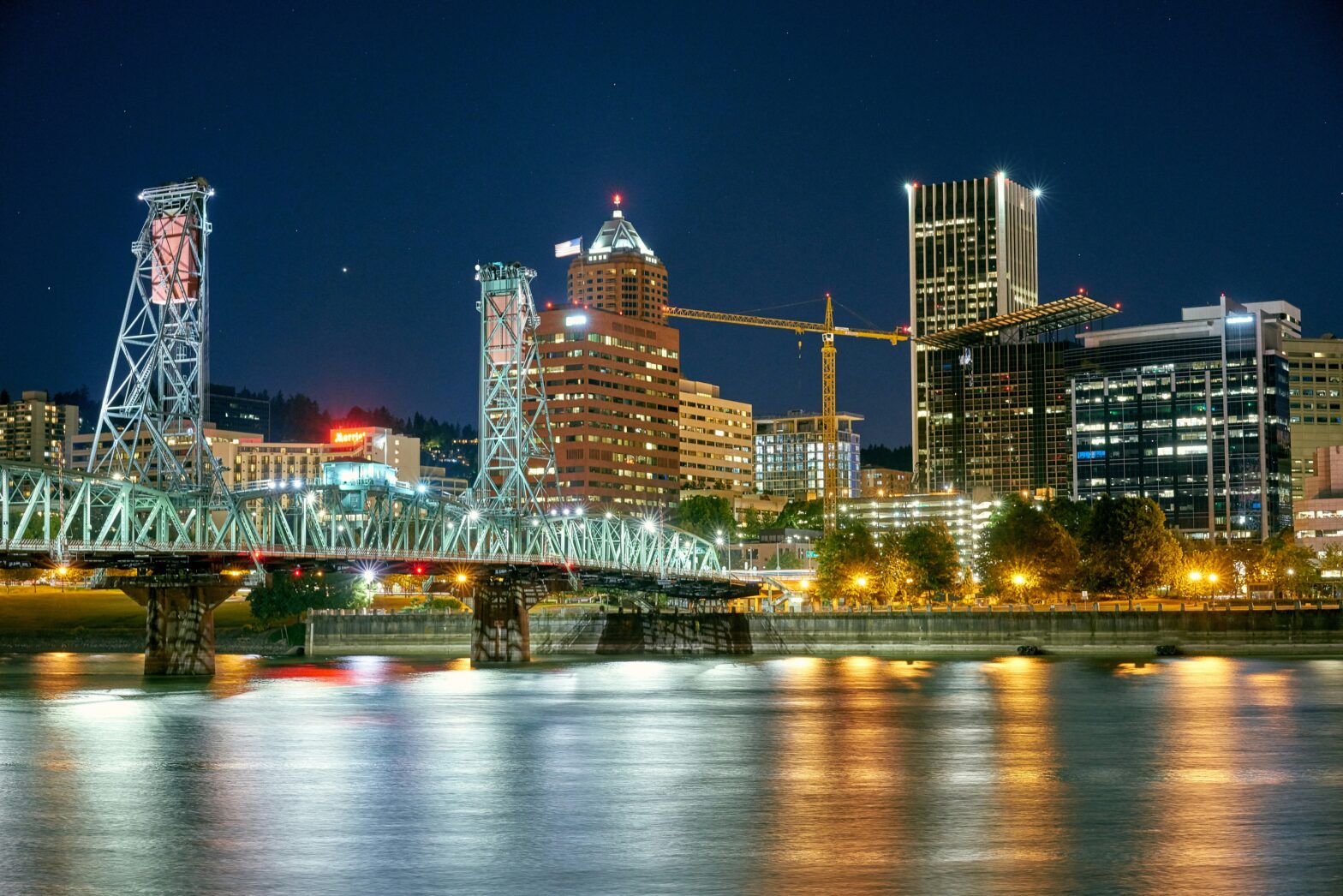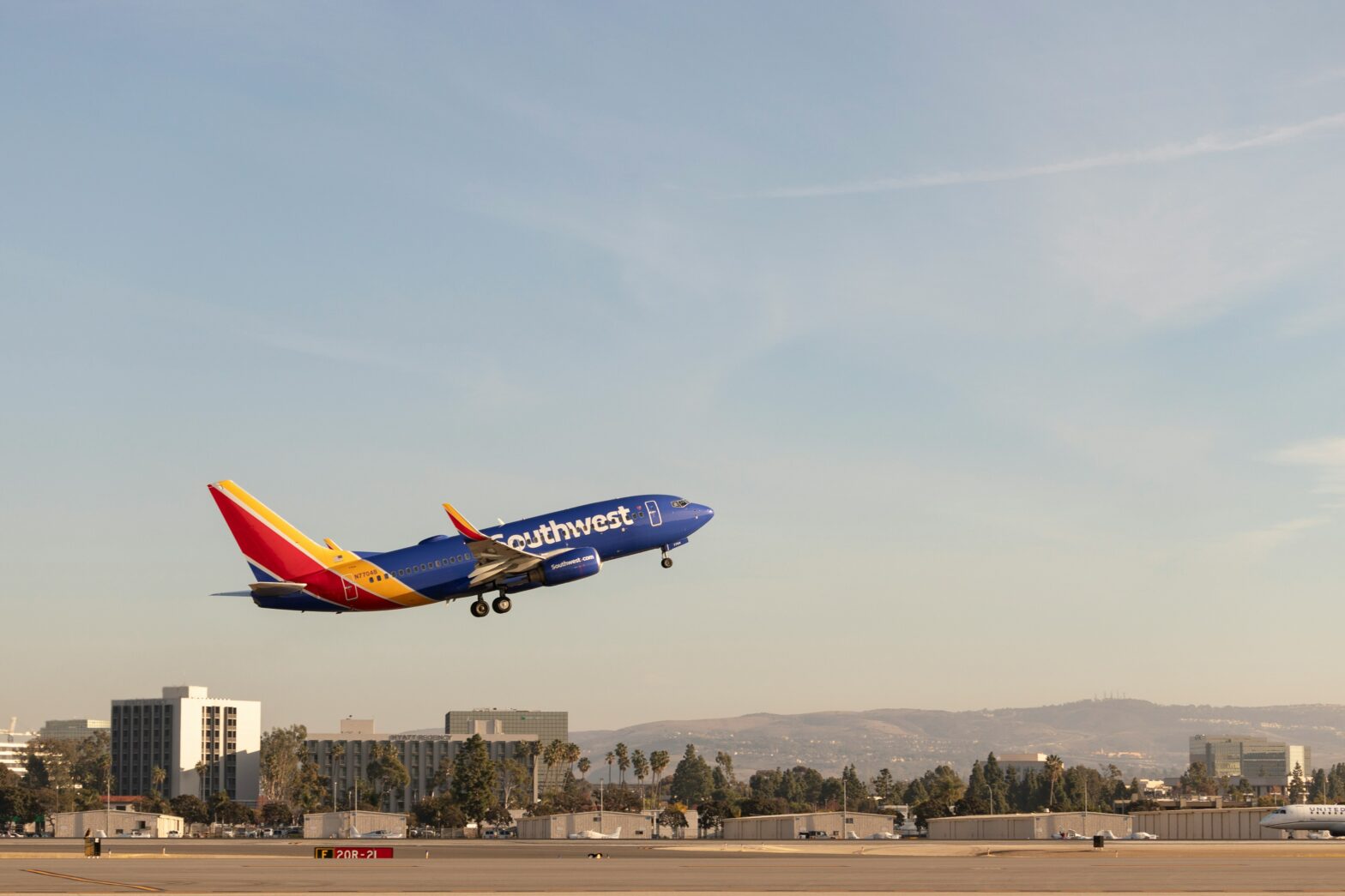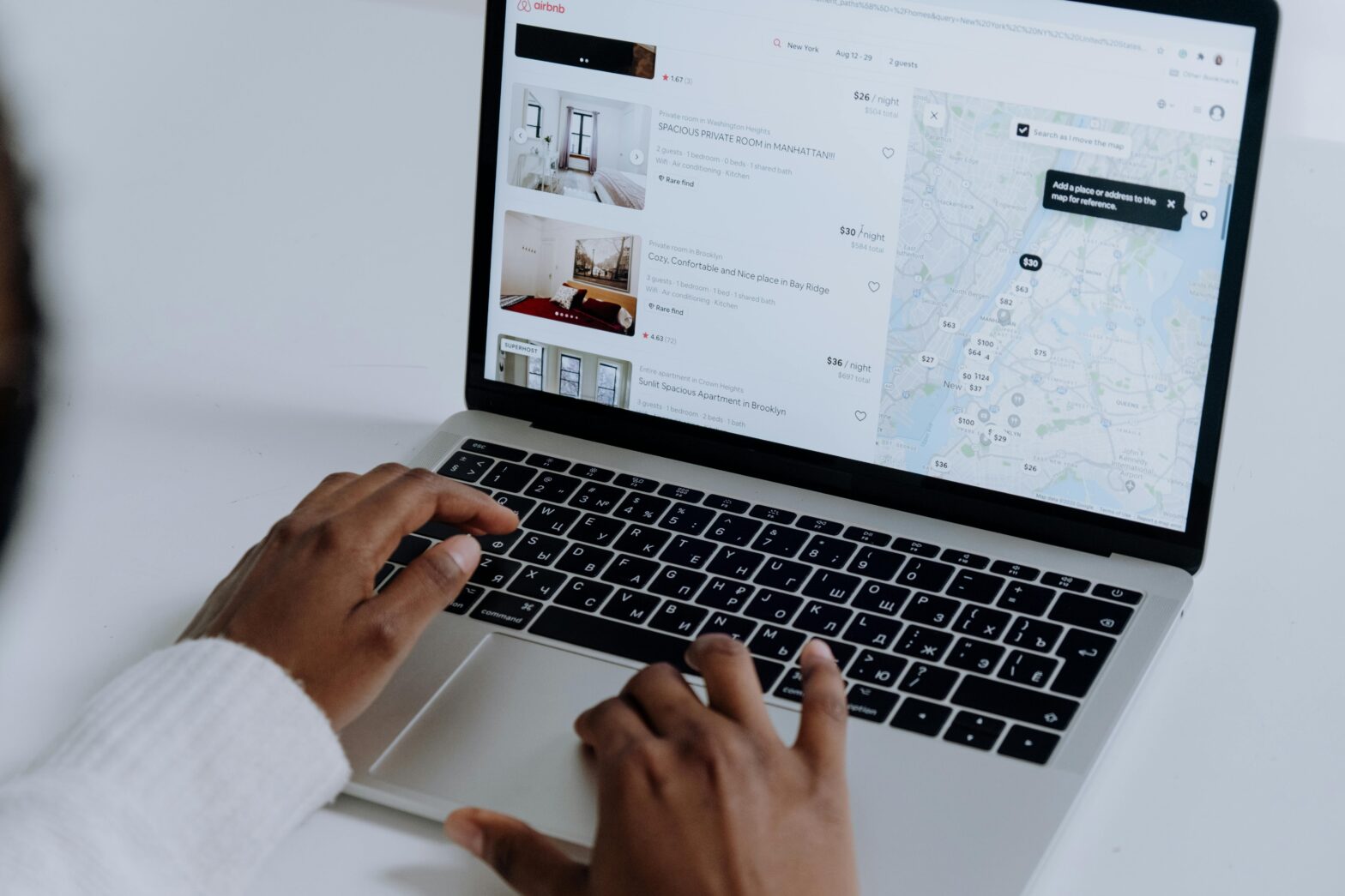The way society views marijuana is slowly but surely changing, with some states making possessing and using pot legal.
According to The Washington Post, there are currently 11 states, DC, Guam and the Northern Mariana Islands that have legalized recreational marijuana. In addition, 33 states and DC have legalized the medical use of marijuana. There are also other states that are making strides to decriminalize weed.
Illinois, a state that recently legalized the recreational use of marijuana, has added pot amnesty boxes in Chicago O’Hare International airport and Midway. The boxes are located at the end of security checkpoints for travelers who are carrying marijuana and don’t want to break the law by taking it on the flight.
Maggie Huynh, public relations coordinator at the Chicago Police Department tells The Washington Post: “The amnesty boxes are owned by the Department of Aviation here in Chicago and served by us at the police department. The boxes are where travelers can safely dispose of cannabis and cannabis products before travel.”
Seeing these boxes before boarding your flight may be a bit confusing as to whether or not traveling with weed is ok.
Here are 5 things you need to know when traveling with marijuana:
Arriving At The Airport With Marijuana
It all depends on which airport you arrive with marijuana. For example, airports like LAX and Chicago O’Hare won’t stop travelers who are in possession with an ounce or less of weed.
“If, however, you arrive at the airport and realize you have marijuana in your possession and do not want to travel with it, you can deposit it in the amnesty goes if there are any present, or you can throw it in the trash,” says Larry Mishkin, a Northbrook, Ill., lawyer at the Hoban Law Group. Mishkin works to help people with marijuana-related cases in the U.S. and internationally.
However, Todd Maybrown, a partner at Allen, Hansen, Maybrown and Offenbecher in Seattle says: “In a perfect world, I would recommend that people return to their vehicle and place any marijuana in a secure compartment, such as the trunk or a locked glove box.”
Maybrown goes on to say: “In an imperfect world, where the passenger does not have a vehicle at the airport, a trip to the bathroom may be the best solution. There are no cameras in the bathroom, and toilet bowls can be flushed.”
If TSA Finds Marijuana In Your Baggage
According to the TSA website, TSA security officers don’t search for illegal drugs.
Lisa Farbstein, the TSA spokesperson, says: “If a TSA officer comes across [pot] while they’re conducting a bag check, they are obligated to report it to the police, and then it’s up to the police how they want to handle it.”
Maybrown tells The Washington Post: “You really run the risk of becoming a guinea pig if you decide to go on a plane with marijuana, even if it’s legal in the place when you started, or in a place where you get to finish the trip. There are so much confusion and uncertainty about what new rules could, or would, apply.”
At the end of the day, it’s up to the TSA offers to decide what to do if they find weed in your luggage.
“TSA will encourage [amnesty boxes] to travelers if they have cannabis on them. They don’t call us unless it appears to be clearly illegal amounts, like a suitcase-full,” says Huynh.
Flying With CBD
If the CBD product you’re traveling with has 0.3 percent of THC or less, it is fine by the FDA to fly with it. If the CBD product is in liquid form or food, it must be 3.4 ounces or less to comply with the TSA carry-on policy.
Can Travelers Fly With Marijuana?
Taking marijuana on an aircraft in the U.S. is a federal crime.
“Marijuana is illegal under federal law, and federal law governs airplane travel in this country,” says Mishkin.
This means even if you’re flying within states that have legalized the use of marijuana, you are not allowed to fly with it.
Traveling With A Medical Marijuana ID Card
“People who have their state medical card that shows they are patients are typically treated a little more leniently than somebody else,” says Mishkin.
TSA agents are not able to check if your medical marijuana card is valid so you can still end up in a sticky situation.
Mishkin also makes a point that if you’re in a state that has no medical-marijuana program, your card will mean nothing.





